Reviewing your Business Continuity Plan (BCP) is really a part of good business practice.
As we’ve seen in New Zealand lately, the unexpected ‘can’ happen, and after the fact is often too late.
So what is a Business Continuity Plan?
A business continuity plan (BCP) is a living breathing document that consists of the critical information an organization needs, to continue operating during and after an unplanned event:
- BCP helps in events such as natural disasters or cyber-attacks.
- BCP are designed to protect personnel and assets and make sure they can function quickly when disaster strikes.
- In order for a BCP to remain relevant, they need to be reviewed at least annually and/or when the business changes.
Your BCP will cover much more than just your IT, and what it looks like for your business will depend upon what type of business you have and what is important to you.
Why do you need a BCP?
If you have a good BCP, you should be able to come through an emergency much better than if you don’t. Failure to plan for scenarios can be devastating to your business.
Ultra IT can advise on how to ensure critical systems remain operational in the event of a disaster or major problem such as a server or network outage by:
- allowing timely recovery of critical operations.
- minimising loss.
- meeting legal and regulatory requirements.
So, what does your plan need to cover?
It doesn’t need to be complicated, and it doesn’t need to be long. The most important thing is that it is kept up to date and that it covers the key things for your business to protect it and keep operating.
Even the most basic of plans is a lot better than having no plan at all.
At its most basic, the BCP identifies the most critical aspects of the business that need to be kept running, the systems and processes that run them, and covers how they will be done during and immediately after an emergency.
From an IT perspective, consider the following things:
- How does your business run? What are your most important systems and pieces of equipment, etc.
- What are the potential disaster scenarios you face? Earthquake, flood, fire, etc for sure. But what about – loss of power, key people can’t get to work because the bridge near you is washed away etc?
- How likely are those disaster scenarios, and how will they affect your operations?
- What are the most important things you need to be able to continue doing to survive?
- How can you do those things, or reduce the risk to your business? You are likely looking for simple, practical steps.
An IT Systems audit is often a good place to start. What IT systems do you have, and which ones are the most critical? Can you operate without your computers if the power goes off? How? Going back to paper and pen for a while could be what you need to do!
Ultra IT can review your systems to make sure they’re meeting your business objectives, ensure you have a secure operation by creating reference documents, as well as recommending improvements.
If you already have an established BCP make sure:
- It is up to date, and has been tested.
- Look at both the best and worst case scenarios.
- Understand your risks and apportion the appropriate resources to minimize those risks.
- Make the plan proactive.
- Know your suppliers, providers and have updated contact information.
Ask these questions:
- Is your BCP still relevant to our business?
- Has our business changed and/or grown so much that we need to update the business plan?
To Summarise:
Most importantly have a plan, revise it, communicate it to your team, know what to do, and who to call.
If you don’t know where to start, or would like advice, feel free to reach out to us here at Ultra IT. We can’t advise on all the aspects of your business, but we can help with your IT systems and the functions they enable you to perform.


